
Patients who have 1 of 4 recently identified genetic variants are at 10 times the risk of developing progressive multifocal leukoencephalopathy depending on specific treatments for their condition.

Patients who have 1 of 4 recently identified genetic variants are at 10 times the risk of developing progressive multifocal leukoencephalopathy depending on specific treatments for their condition.
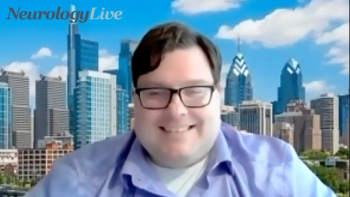
The genetic epidemiologist at the University of Pennsylvania discussed a recent study that highlighted the importance of diverse samples in genetic research for Alzheimer disease in helping to uncover hidden genetic risk factors. [WATCH TIME: 2 minutes]

A recent systematic review showed that AQP4+NMOSD in patients with systemic lupus erythematosus can mimic neuropsychiatric manifestations, frequently occur after the onset of lupus or may predate, and necessitate indefinite treatment.

The combined preclinical and clinical data with neflamapimod suggest the therapy has potential to be the first disease-modifying treatment for dementia with Lewy Bodies, demonstrating a positive impact on cognition, function, and mobility.

Treatment with Nerivio did not differ from controls in outcomes of newborn weight, miscarriage rate, preterm birth rate, birth defect rate, stillbirths, and rate of newborns meeting developmental milestones 3 months postnatal.

The Rett Syndrome Behavior Questionnaire’s implementation as global outcome measure in FDA-approved trials was the result of its comprehensive nature since it includes behavior-related symptom questions as well as questions for regular behaviors.
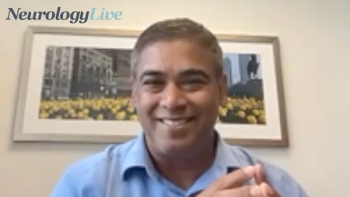
The professor in the department of internal medicine at RUSH Medical College discussed a study aimed to provide insights to help tailor cognitive decline prevention programs and raise awareness about health disparities in minority populations. [WATCH TIME: 5 minutes]

Here's some of what is coming soon to NeurologyLive® this week.

Recent research highlights how advanced technology like remote monitoring devices or wearables and smartphone-based apps for sleep health can be delivered at the point of care to meet the needs of patients.
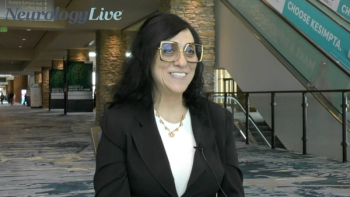
The assistant professor at Hunter College discussed the importance of using a systematic approach to localization and thorough consideration of clinical symptoms to enhance diagnostic accuracy and reduce misdiagnosis in multiple sclerosis. [WATCH TIME: 4 minutes]

Test your neurology knowledge with NeurologyLive®'s weekly quiz series, featuring questions on a variety of clinical and historical neurology topics. This week's topic is stroke.

A composite analysis of motor skills, muscle strength, cognitive ability, daily living skills, and biomarker data showed statistically significant benefits with AMO-02.
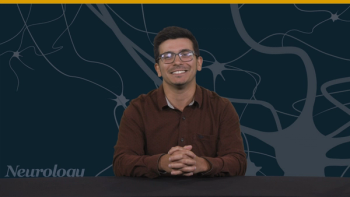
Neurology News Network for the week ending September 9, 2023. [WATCH TIME: 3 minutes]

Researchers developed a novel “closed-loop” system that delivered electrical pulses in a brain region to synchronize brain activity recorded from another region in the brain to improve memory.

Take 5 minutes to catch up on NeurologyLive®'s highlights from the week ending September 8, 2023.
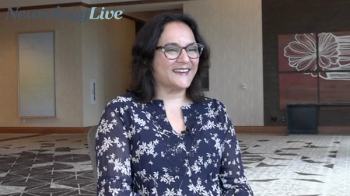
The associate professor of psychiatry at the University of Illinois at Chicago talked about the importance of diverse insight and perspectives from the headache community in shaping medical research priorities. [WATCH TIME: 3 minutes]

Antinuclear antibodies seem to be more associated with severe disease activity and poor prognosis among patients with NMOSD, which further implies that they may be potentially used as a prognostic marker for the disease.
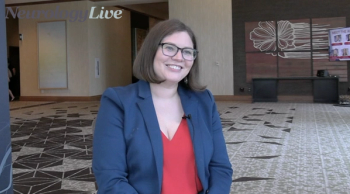
The associate professor at Yeshiva University and Albert Einstein College of Medicine explored the challenge of discussing lifestyle changes for patients with migraine, noting that lifestyle modifications can be a valuable addition to migraine treatment. [WATCH TIME: 3 minutes]

Mind Moments®, a podcast from NeurologyLive®, brings you an exclusive interview with James Beck, PhD. [LISTEN TIME: 15 minutes]

Treatment with diazepam nasal spray resulted in a statistically significant change in time between seizure clusters, potentially reflecting a beneficial effect of intermittent rescue therapy.
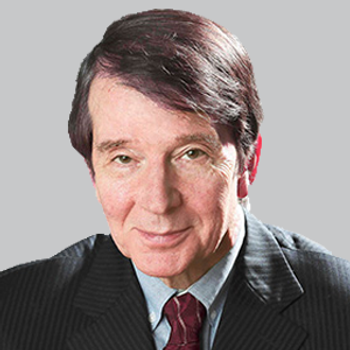
Half of the treated individuals saw a reduction of more than 50% in the number and duration of epileptic spasms following treatment with CER-0001, a ketogenic therapy.
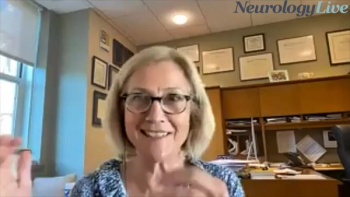
The president of the ANA and the chair of the annual meeting programming committee provided commentary on the advances in neurology and the shift in how clinicians approach and treat diseases once thought to be fatal. [WATCH TIME: 6 minutes]
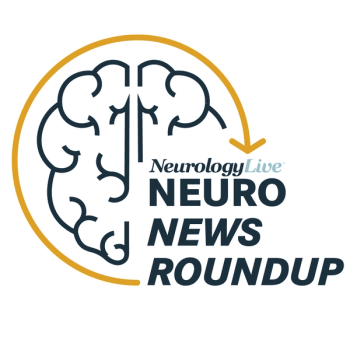
In honor of World Duchenne Awareness Day, held September 7, 2023, get caught up on some of the latest news in Duchenne muscular dystrophy as the NeurologyLive® team shares some of our data updates.

Findings showed that autonomic symptom burden was slightly more severe in patients with multiple sclerosis compared with those with NMOSD, although the difference was not statistically significant.

Catch up on any of the neurology news headlines you may have missed over the course of August 2023, compiled all into one place by the NeurologyLive® team.
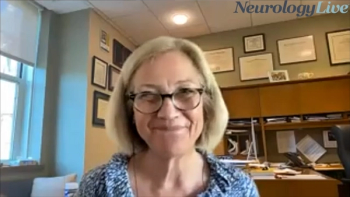
The president of the ANA and the chair of the annual meeting programming committee gave an overview on the various topics and courses the clinical community should home in on at the upcoming annual meeting. [WATCH TIME: 6 minutes]

The agency requested modifications to the REMS program, seeking validation of patients’ meningococcal vaccination status and prophylactic administration of antibodies prior to giving ravulizumab treatment.

Preliminarily data from in vitro experiments demonstrated that cytomegalovirus antigenic peptides can activate peripheral antigen-specific T cells among patients with NMOSD.
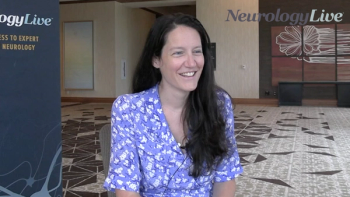
The headache specialist at Hartford Healthcare Headache Center emphasized the importance of avoiding unnecessary fear surrounding the potential link between migraine and dementia, as current evidence does not strongly support it being a significant risk factor. [WATCH TIME: 2 minutes]

The director of the ALS Clinic at Allegheny Health Network provided perspective on the advancements in the treatment and management of adult-onset spinal muscular atrophy.